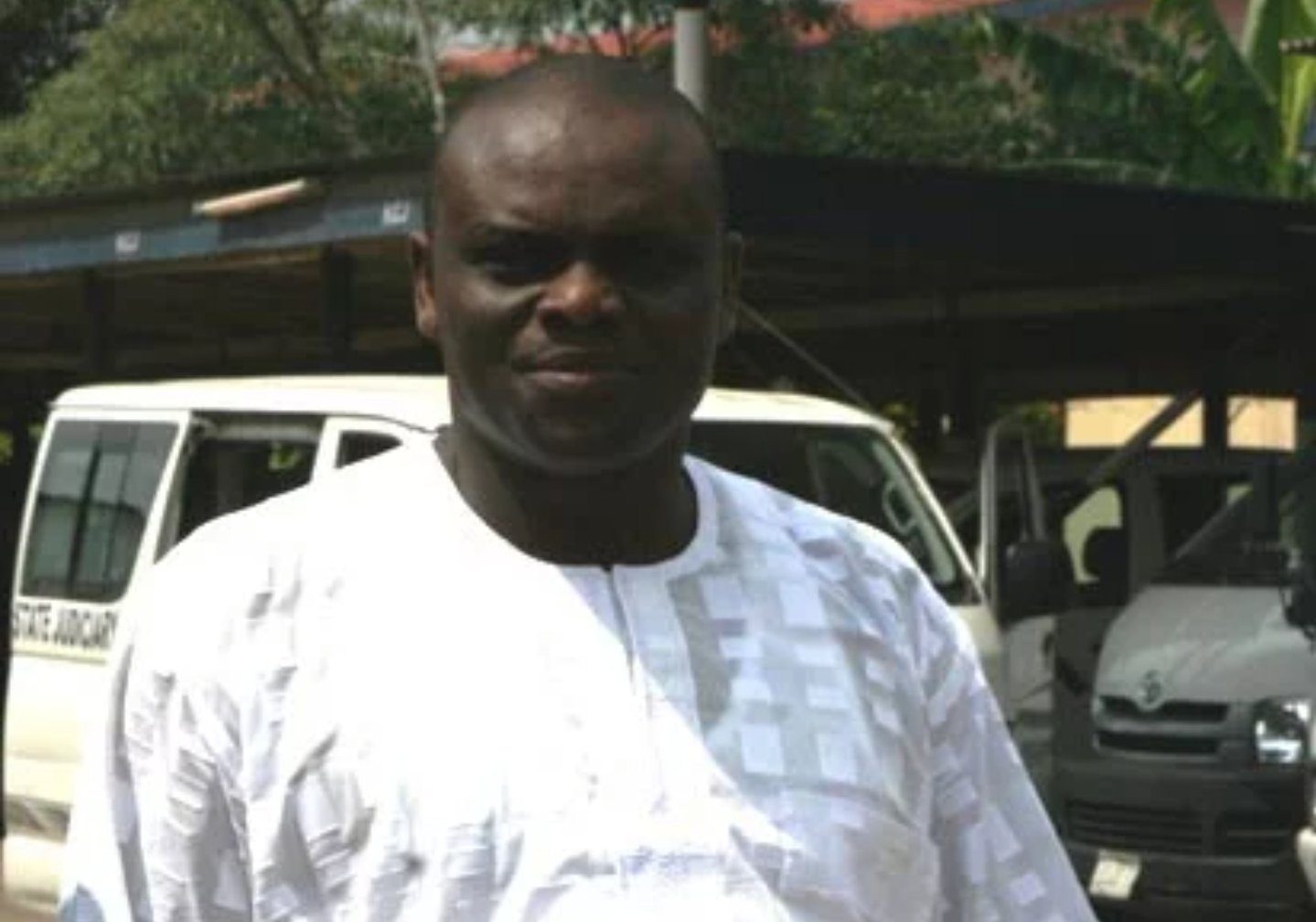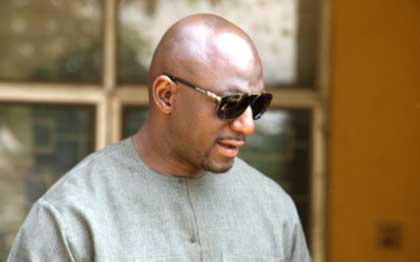Ex-EFCC Chair, Abdulrasheed Bawa, Exposes Fuel Subsidy Scam in New Book

Although subsidization of petroleum products ended with the coming of the President Bola Tinubu administration in 2023, its impact especially, as a tool of shortchanging and diverting huge sums of revenue would take a very long time to go away.
Among the latest to expose how some corrupt government officials connived with some private importers of fuel to dupe the nation is a former chairman of the Economic and Financial Crimes Commission (EFCC), AbdulrasheedBawa.
The former boss of the anti-graft agency in a groundbreaking new book titled ‘The Shadow of Loot & Losses: Uncovering Nigeria’s Petroleum Subsidy Fraud’, revealed some of the strategies used by fraudsters to fraudulently obtain trillions of Naira from the federal government.
The book, published by CableBooks, an imprint of Cable Media & Publishing Ltd, provided the most authoritative account yet of Nigeria’s multi-trillion-naira fuel subsidy scandal, unraveling the inner workings of one of the country’s most pervasive financial crimes.
According to a statement released by the publishers, Bawa drew from his firsthand experience as a key investigator on the EFCC’s special team that probed the 2012 subsidy fraud.
“Bawa reveals the staggering scale, complexity, and audacity of the schemes used to siphon public funds under the guise of fuel subsidy payments.
“His insider narrative chronicles how billions of naira were recovered and several culprits brought to justice, while also shedding light on how entrenched corruption allowed the fraud to flourish for years”, the statement released to journalists on Tuesday, read in part.
The statement signed by Vic Akinrogunde, disclosed that some of the strategies used by the perpetrators of the fuel subsidy scam included but not limited to:
“Ghost importing and over-invoicing: Companies submitted claims for fuel that was never imported or inflated shipment volumes to receive excessive subsidy payouts.
“Manipulation of bills of lading: By altering shipping documents, fraudsters exploited international price fluctuations to claim higher subsidies.
“Round-tripping and double claims: Single shipments were often used to obtain multiple subsidy payments.
“Diversion and smuggling: Subsidised fuel was frequently diverted to black markets or smuggled out of Nigeria for profit”.
The former EFCC boss further disclosed that the above fraudulent practices, were enabled by forged documents, weak regulatory oversight, and systemic collusion between corrupt government officials and private sector actors, adding that the book is not just a chronicle of fraud, but, “a call to action – a demand for transparency, accountability, and reform in Nigeria’s public finance management, especially in the oil sector.”
Akinrogunde stated that having served as EFCC chairman from 2021 to 2023, Bawa brings rare credibility and insight into the institutional challenges and political dynamics that have shaped the anti-corruption fight in Nigeria.
“His book is both a revelation and a reckoning – offering evidence-based analysis and personal reflections on one of the most controversial chapters in Nigeria’s recent history.
“The Shadow of Loot & Losses” is essential reading for policymakers, civil society advocates, journalists, and citizens interested in understanding how systemic fraud undermines development and how it can be confronted”, the statement added.











